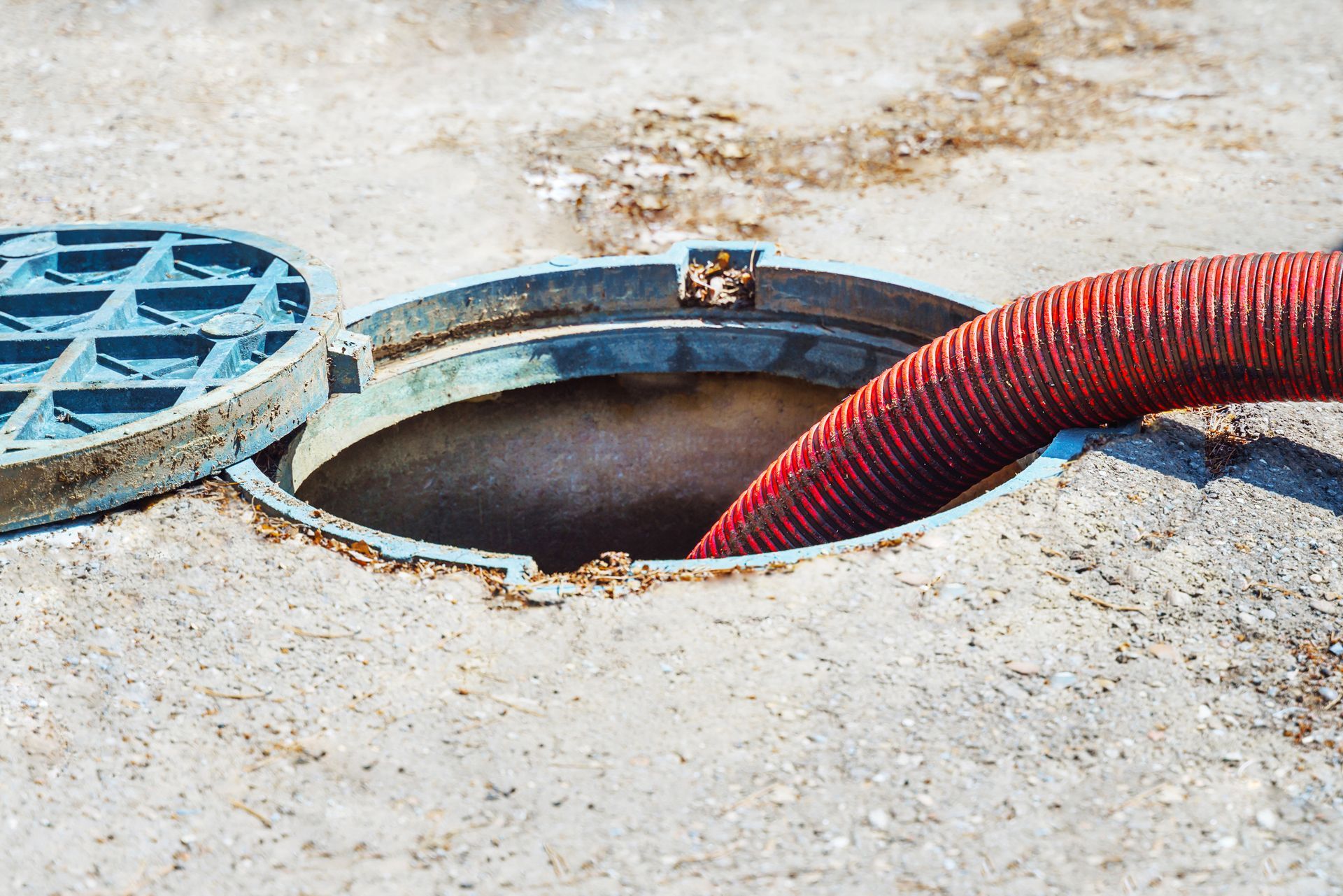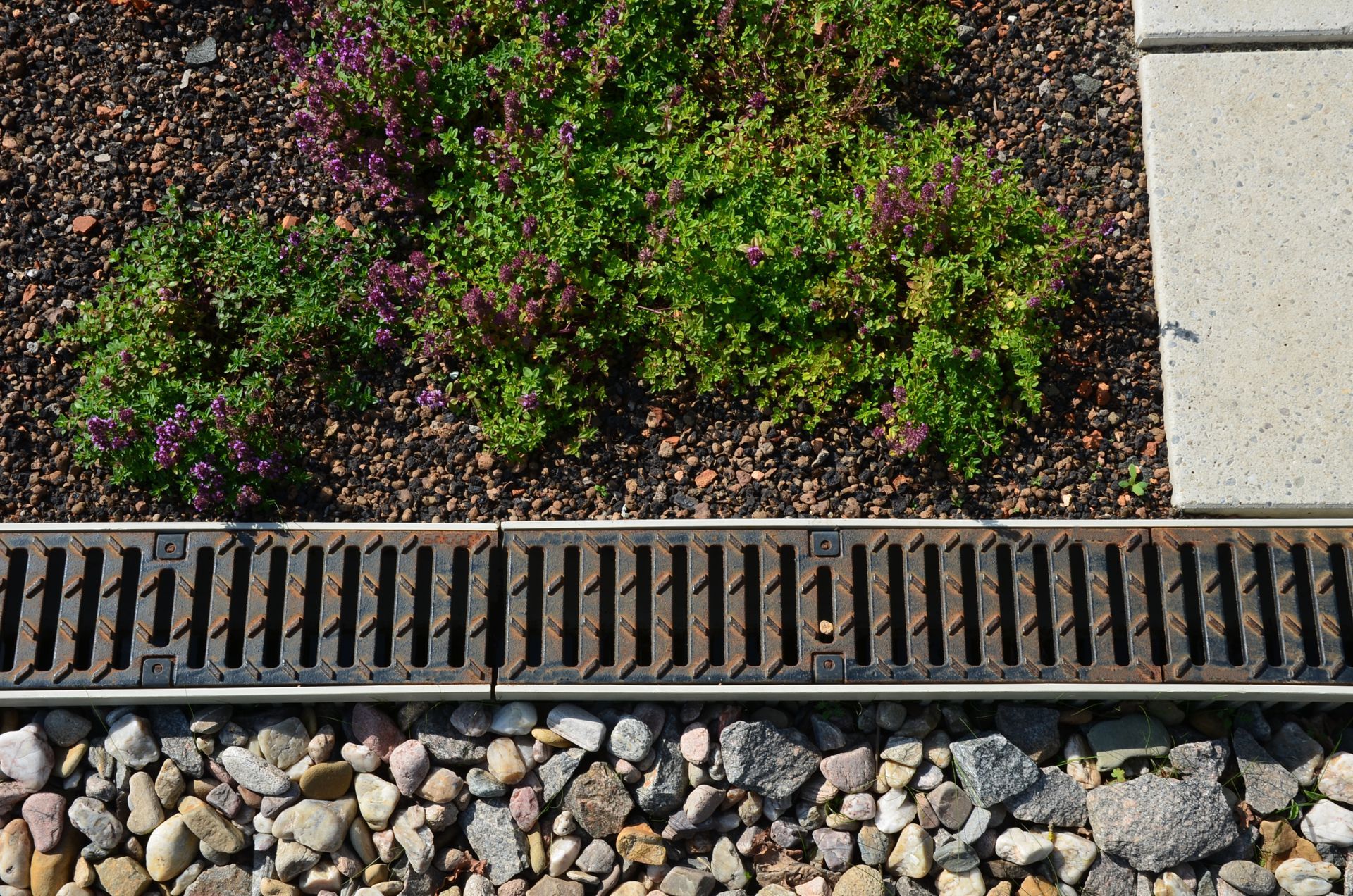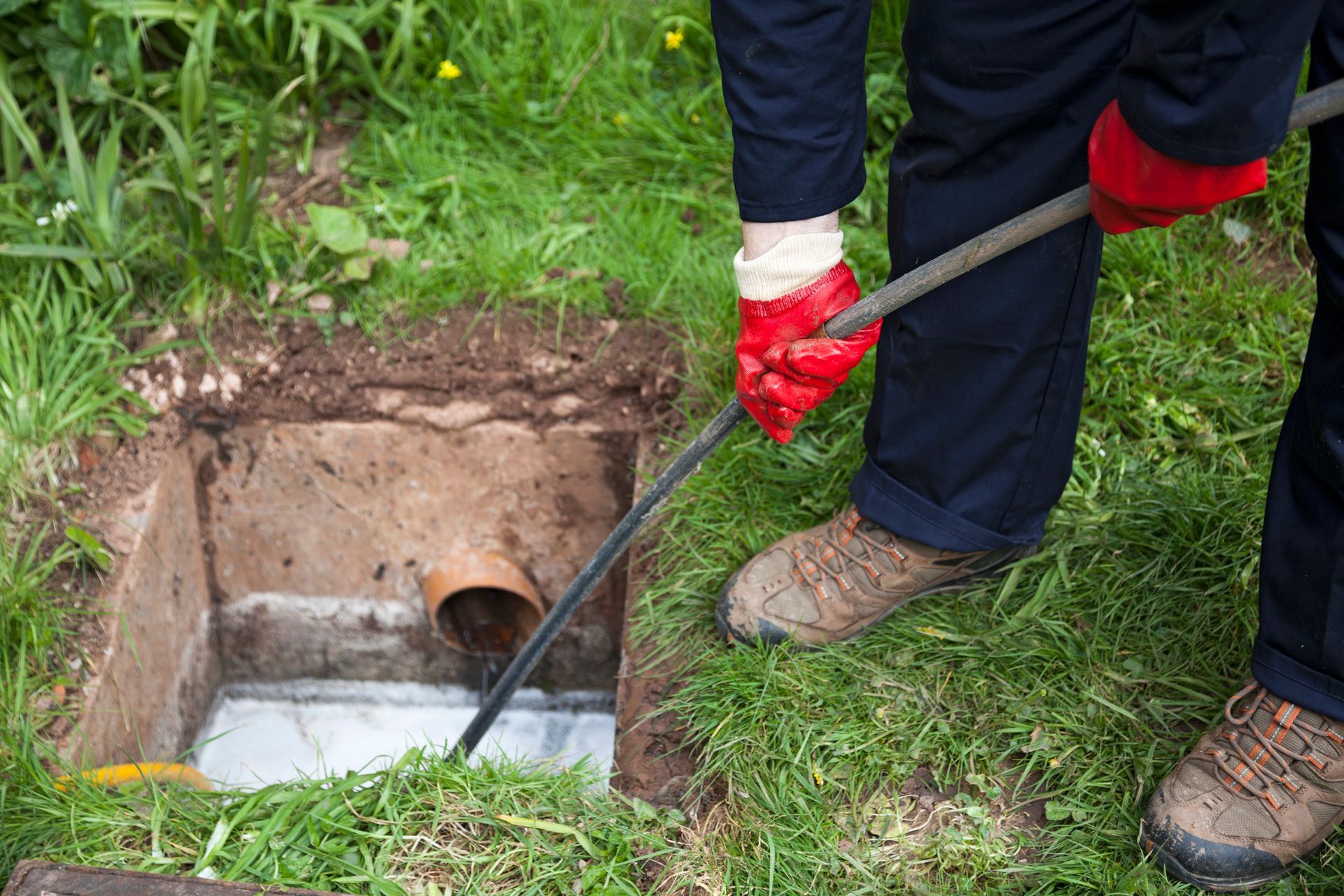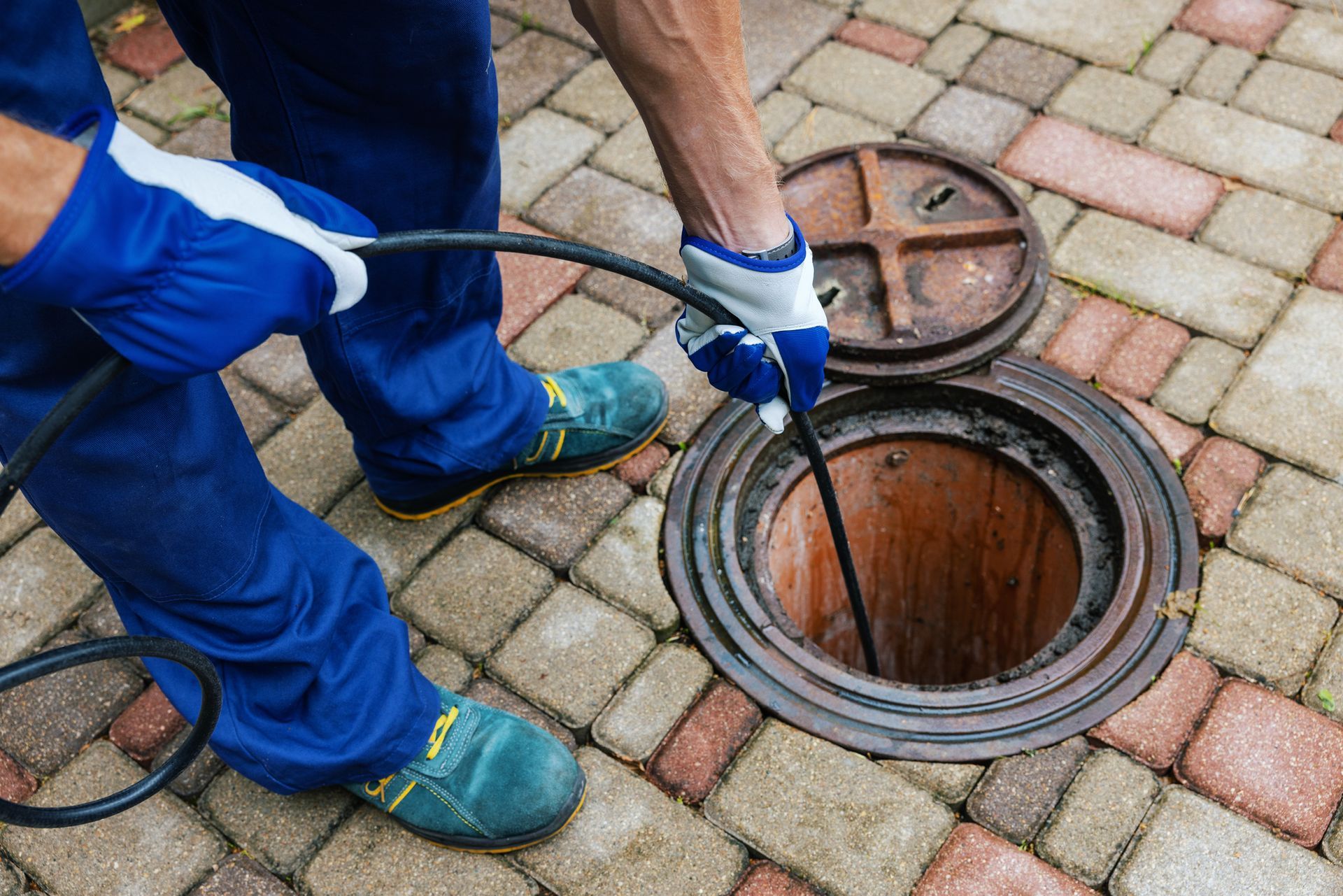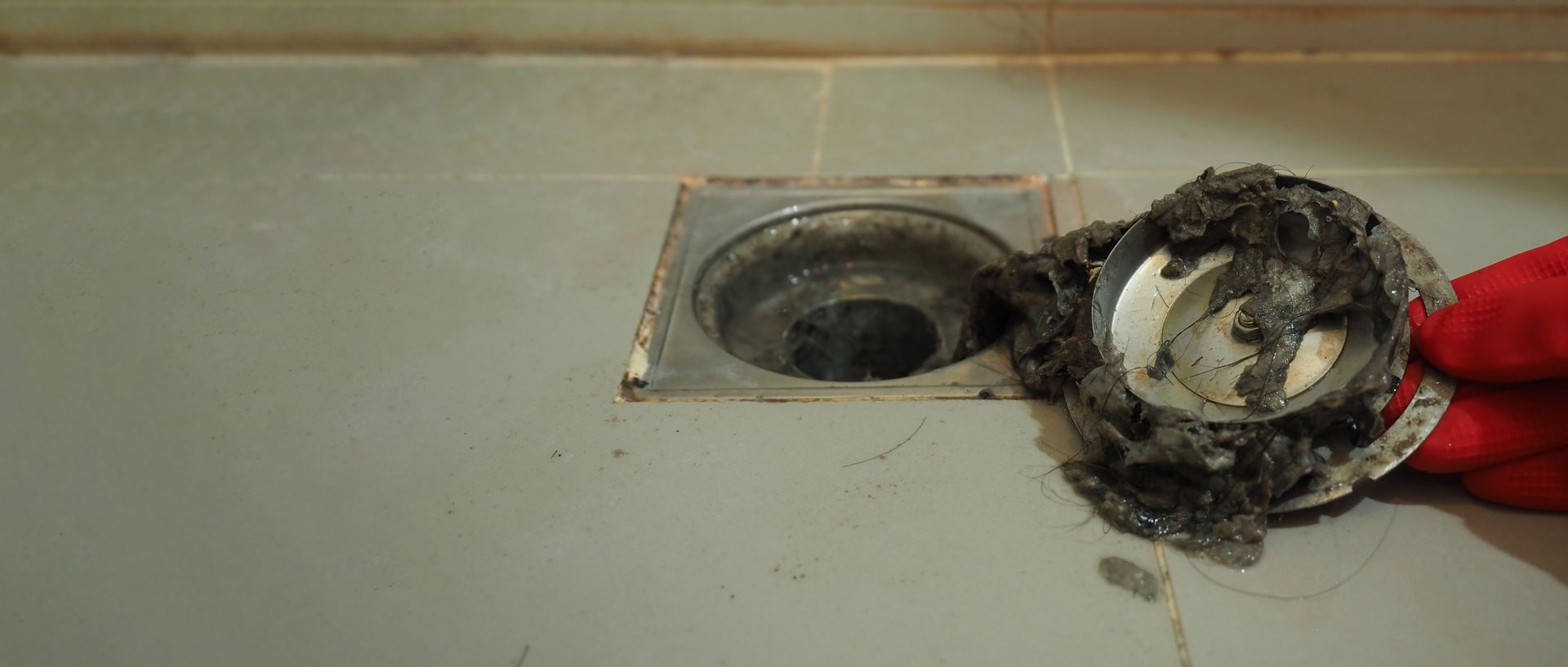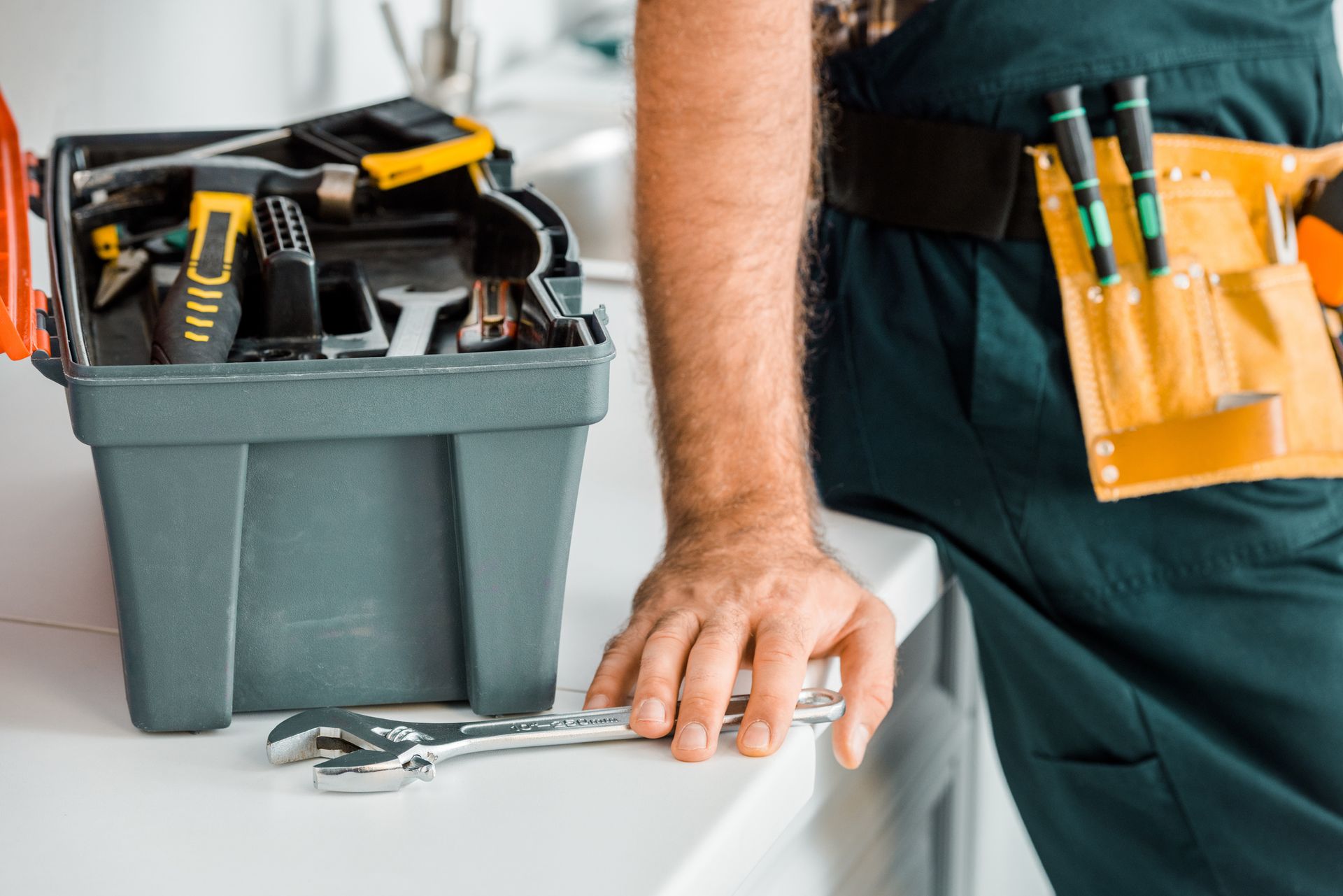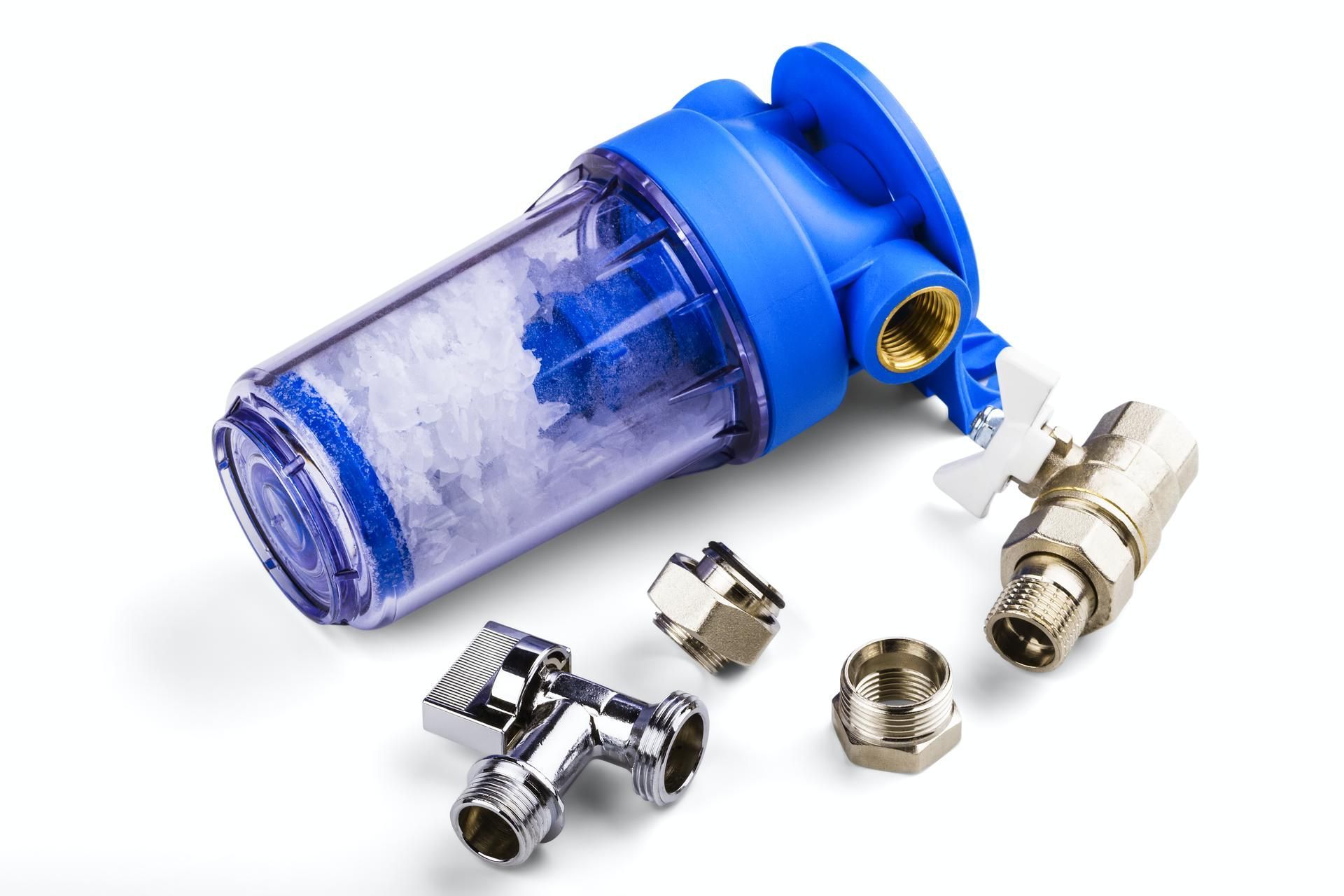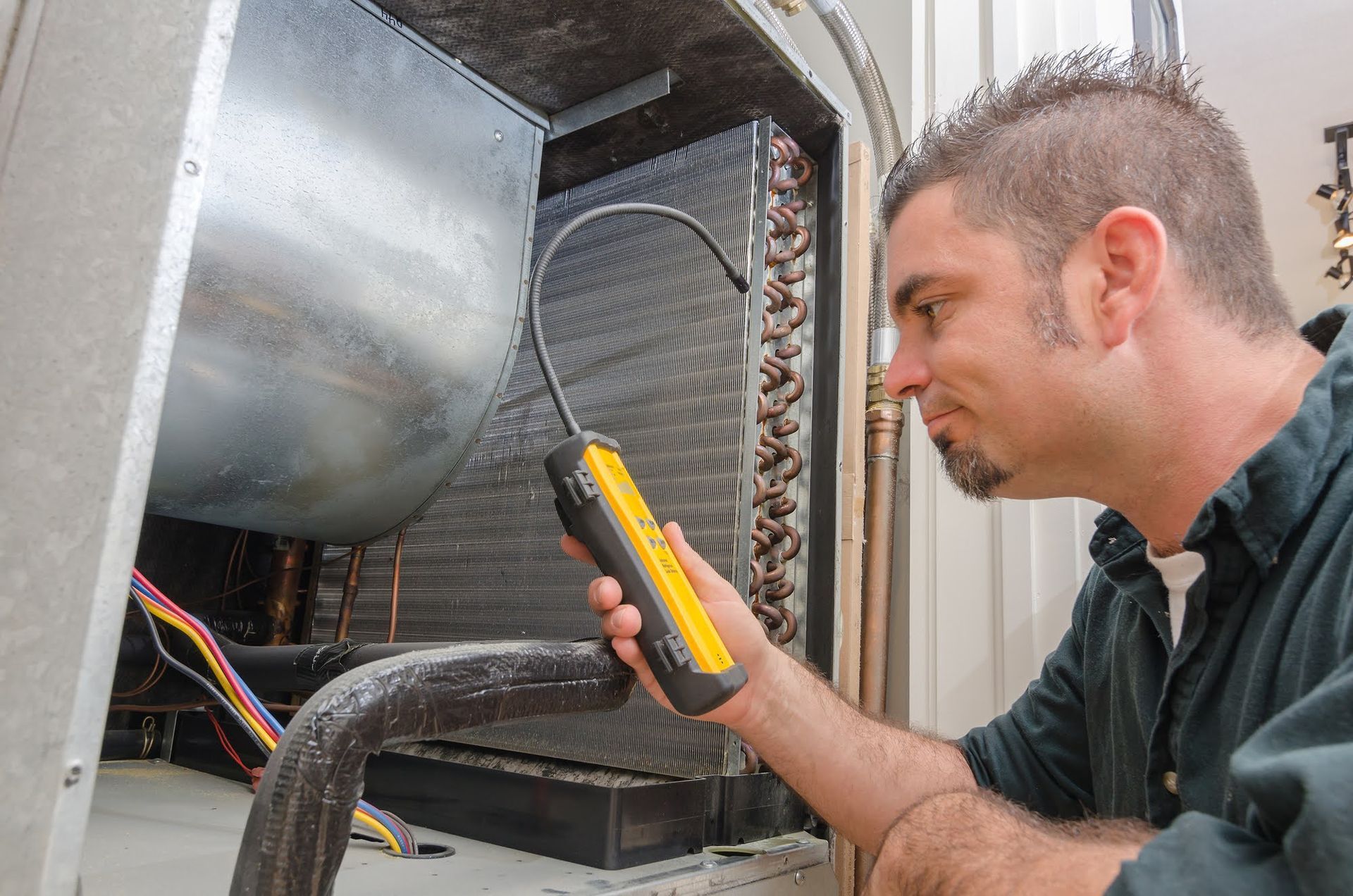9 Ways to Lower Your Heating Bill This Fall

According to PBS, one in every six American homes cannot pay their utility bills on time. At the same time, energy prices are at an all-time high. Naturally, you'll want to find creative ways to keep warm and cozy while not spending too much on your HVAC. We have compiled a few tips to help you save money on heating expenses this fall.
1. Service Your Appliances
Sometimes the best way to save money is to spend money. Investing a little money to inspect and repair appliances saves a lot in the long term. For example, you can hire a professional to check and repair your HVAC system for a one-time fee. An effective HVAC system will warm your home more efficiently and save you more money over time.
2. Minimize the Use of Vent Fans
Fans will remove foul smells and unwanted moisture from your house but can also suck out warm air. Consequently, you should limit the use of bathroom and kitchen vent fans in the fall. During the fall, switch off the bathroom vent when you won't need the vent after using the shower. As for the kitchen, only turn on the vent when you use gas-burning appliances.
3. Change Furnace Filters Regularly
The heat pump or furnace has to use more energy to function if it has a clogged or dirty filter. Therefore, replace the furnace filters regularly, preferably every month.
You might have electrostatic filters to filter out tiny microorganisms, such as viruses. However, even these electrostatic filters have to be changed regularly.
4. Turn Down the Thermostat
You will save about 2 percent on energy bills for every degree you reduce the thermostat setting. Hence, make manual adjustments to the thermostat or choose a programmable thermostat.
5. Reverse the Ceiling Fan
The turning direction of the ceiling fan determines the fan's efficiency. Therefore, if you can, set your ceiling fan to rotate in reverse. Also, reduce the speed of a ceiling fan so that it can more effectively spread the warm air that settles in the upper sections of your room. By circulating the air in the upper areas of the room, you will increase the comfort of your room without spending so much money.
6. Reduce the Water Heater Temperature
Some water heaters remain functional throughout the day to make hot water available. Reduce the temperature setting of the water heater to reduce energy usage and save money.
7. Plug Leaks in Your Home
Ensure that your home has the proper insulation to prevent unnecessary heat loss. Check the ceilings, floors, and walls for any cracks or openings. Similarly, the perimeters of appliances, windows, and doors should have proper sealing for maximum insulation. When you do all these things, you can reduce your heating costs by about 15 percent.
8. Install New Windows
Your house loses a lot of heat due to drafts. The solution is to install windows with energy-saving designs. For example, you can purchase double-glazed windows that have insulated layers. Some windows also have insulating spacers and argon gas for maximum insulation.
9. Close Off Unused Rooms
You should only heat a room used by family members or pets. Shut the doors of unused rooms to limit heat use to a few places. Similarly, only open the vents in the rooms that you use.
However, ensure proper basement heating, even if you don't go there often. That is because a cold basement can reduce the temperatures of your floor and make your feet feel chilly.
Your heating appliances should be in optimum working conditions during these cold months. Garden Spot Mechanical provides affordable HVAC repair, maintenance, and installation services. We provide our services to homes, businesses, and industrial facilities. Contact us to get a quote.

